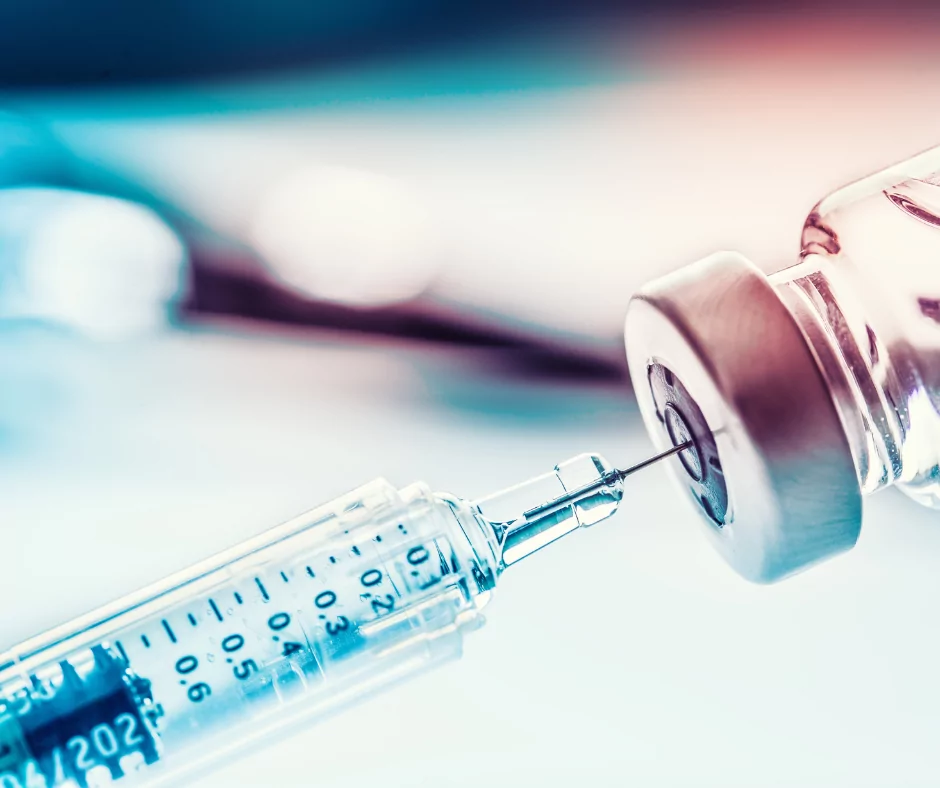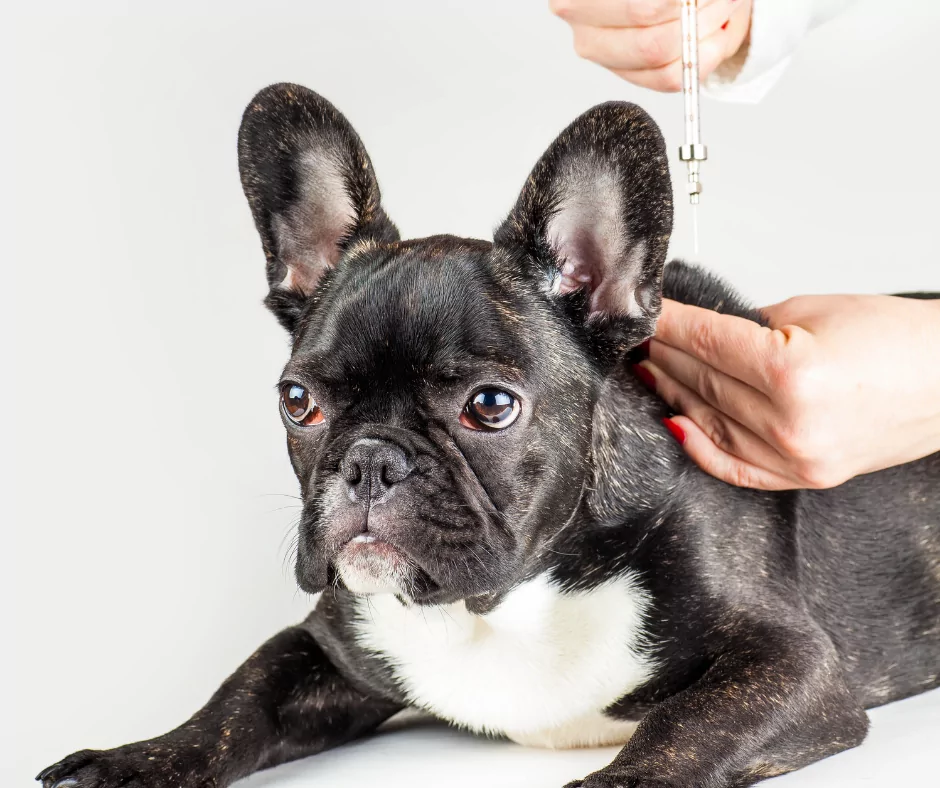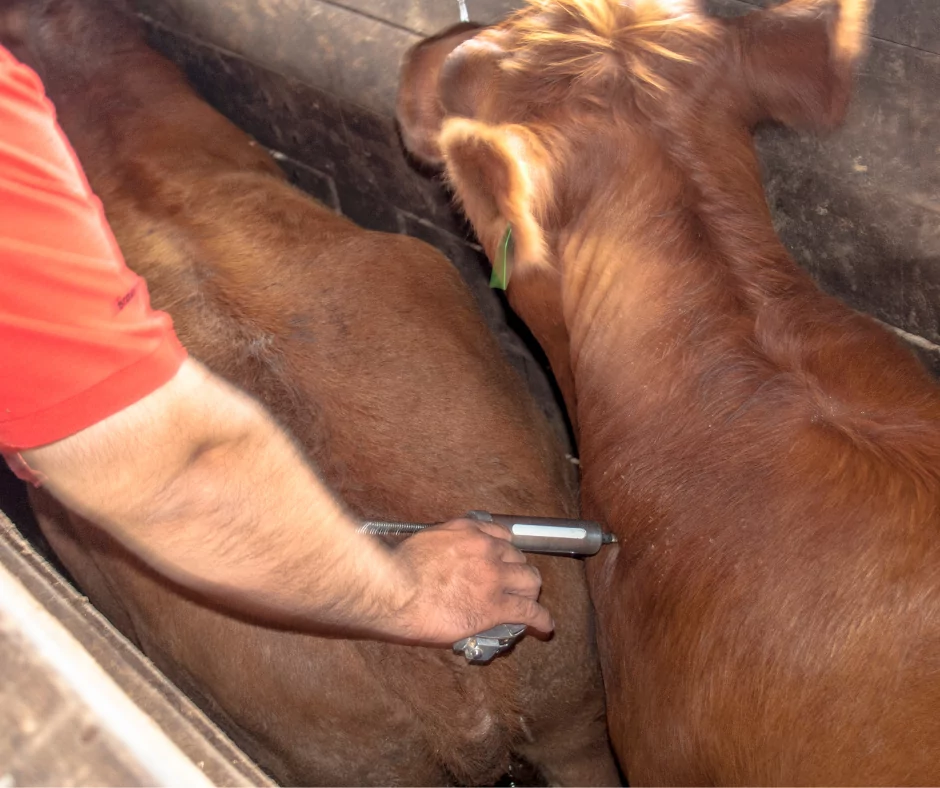The World Veterinary Association and “HealthForAnimals” launched World Animal Vaccination Day. This global holiday was established back in 2016 with the sole purpose of educating the public and the people responsible for animals, no matter if companion animals or livestock, about the grave importance of one of the greatest scientific discoveries – VACCINES!

Vaccines are a method that provides active acquired immunity to a certain disease. Vaccines usually contain a substance that has to mimic the infective agent and is often created from dead or weakened forms of the particular microbe, its surface proteins, or its toxins.
In this way, the vaccine will trick the body to think that this substance is a threat, will encourage an immune response that will destroy the substance, and will remember this for any future encounters with the same microbe. When the body will meet that microbe again later, it will be immediately ready to defend itself and kill the harmful microbe in the process.

The Importance of World Animal Vaccination Day as a Preventative Measure
With this unofficial holiday, World Animal Vaccination Day promotes the importance of all the recommended and compulsory vaccinations of all animals, big and small. More than one hundred diseases in animals can be prevented are easy to fight through vaccines, thus helping many other species including wild animals, livestock, birds, dogs, and cats.
Many diseases that occur in animals are zoonotic. This means that they are transmissible from the animals to humans. Perfect example for this is rabies. A recent research showed that vaccinating 70% of the dog population against rabies will be enough to eliminate the risk of rabies in the human population.
Vaccinating the food-producing livestock is essential to ensure that the animals are healthy for human consumption, and to minimize the need and use of antibiotics.

Preventative healthcare is what every veterinarian strives for. Let’s use this holiday to educate all the pet owners and cattle farmers on the importance of a vaccination schedule. The vaccine boosters are also very much important, and that if the dog had all its puppy vaccines that’s great, but only for the first year. We need to make sure that all rabies shots are also given on time as well.
Hesitancy by Owners to Vaccinate Their Pets – Make a Difference This World Animal Vaccination Day
Sadly, some pet owners are hesitant to vaccinate their pets at the required intervals. This is a common occurrence, but neglecting to resume the responsibility of this, can result in putting your pets at risk for an array of diseases that could be avoided. And even their fellow human beings!
Between the years of 2011 and 2017, the PDSA’s PAW Report advised that there was a 7% drop in vaccination rates for dogs and cats alone. Pet rabbits saw a further decline of 50% in the same years.
Pet vaccination is necessary to maintain what is known as “herd immunity” in animals. Dawn Howard of NOAH said that “Vaccination has to some extent been a victim of its own success, as many pet owners no longer see preventable diseases, such as parvovirus or distemper in dogs, first hand. Therefore, they may not feel it is necessary to keep their animal protected. Vaccination by responsible owners has kept many diseases in check, but control is not the same as eradication.
“There are also some misconceptions: for example, many cat owners believe that indoor cats do not need vaccinations. Unfortunately, cats can still contract diseases even when kept indoors, even though the risk is lower. Some of the diseases we vaccinate cats against can only be passed on via direct contact, however, a few can also be brought in from outside by their owners.
“The consequences of the ‘anti-vaxx movement’ in human medicine in the United States has led to an emergency outbreak of measles being declared in New York state. Measles cases in the UK increased sharply in 2018: disease came mainly from Europe but spread particularly in teenagers who had missed out on vaccinations when they were young. Vaccine hesitancy has been named by the World Health Organisation (WHO) as one of the top 10 health threats of the year. It has been suggested by a leading vet that lack of uptake in the veterinary medicine sector could similarly increase the risk of previously eradicated or seldom seen diseases in our pets.”
Celebrate this day by making it an annual holiday at your clinic too, make it a party while that puppy gets its shot (or two)?
Happy World Animal Vaccination Day!
For more observances celebrated in the month of April, you can read all our articles on our blog, including the one on World Veterinary Day!
